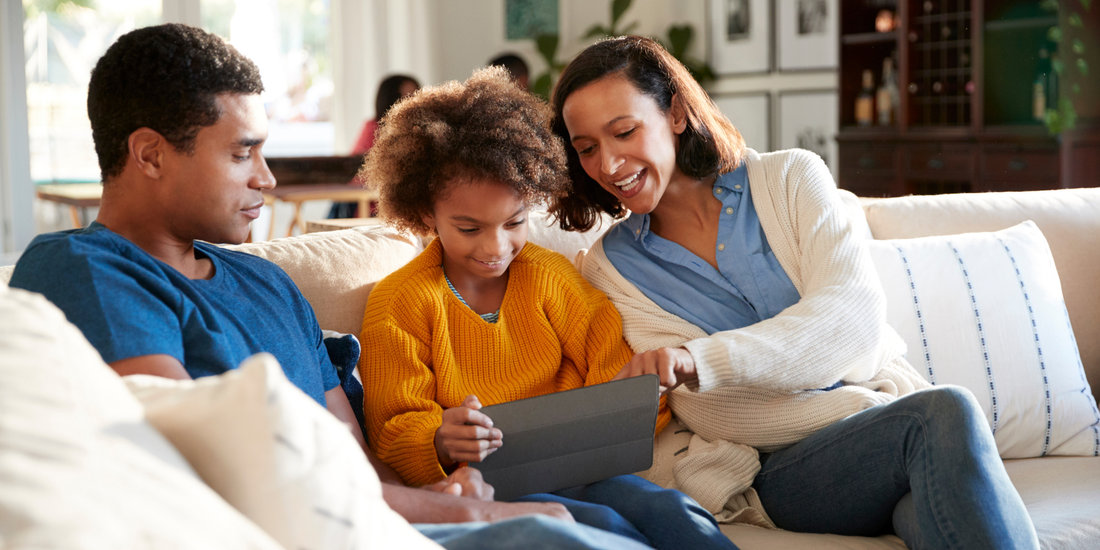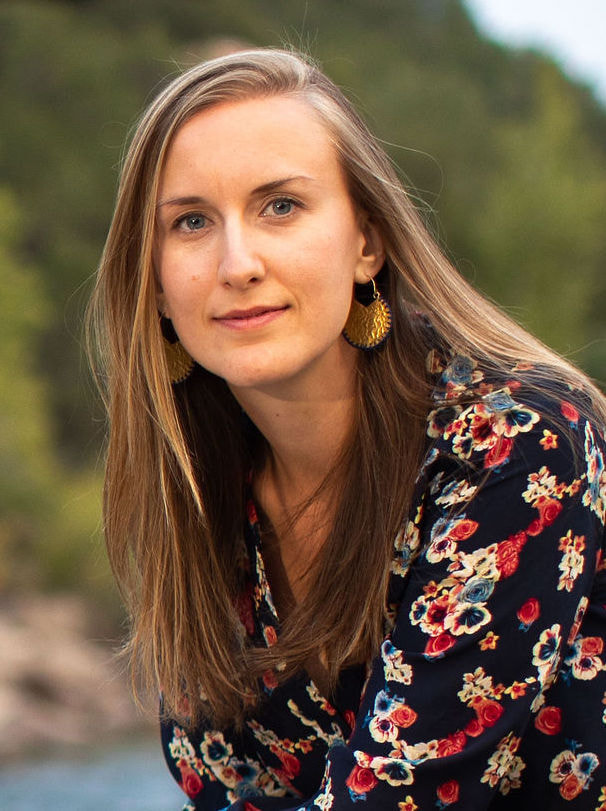“I understand what consent means, but if I say ‘no,’ wouldn’t that hurt the other person’s feelings?”
-sixth-grade student
In a culture that equates love with losing yourself in another, jealousy, and obsession, we need to proactively teach our children about the qualities of a healthy relationship, and that a healthy relationship is only possible when you first have respect for your own self. In the U.S., one in three teens is a victim of physical, sexual, emotional, or verbal abuse from a dating partner (USA Today).
In this three-part workshop, participants will:
Alongside other students of the same age group, your child will explore their questions about love, relationships, and consent. All participants will be encouraged to continue the conversation with their parents, giving parents an opening to conversations that are otherwise difficult to initiate.
Benefits of participation:
Dates for the peer groups:
In this three-part workshop, participants will:
- discuss how their peers and the media influence expectations about love and romance
- generate a list of qualities of a healthy relationship and explore what those qualities look like using real-life scenarios
- learn that consent is required for all forms of physical touch
- practice how one would ask for, give, and refuse consent
- foster a compassionate relationship with their own self
- develop connections with a cohort of peers facing the same questions
Alongside other students of the same age group, your child will explore their questions about love, relationships, and consent. All participants will be encouraged to continue the conversation with their parents, giving parents an opening to conversations that are otherwise difficult to initiate.
Benefits of participation:
- Your child will gain the skills and perspectives to hone a strong relationship with themself and a healthy relationship with current and future partners
- Your child will strengthen communication and social-emotional skills
- Your child will increase metacognitive skills
- Your child will receive health education, including topics that are too often ignored in schools, from experienced and dedicated educators
- Your child will learn from intentional instructors, not from unknown social media figures, online searches, or pornographic content
- Your child will enjoy an extra-curricular activity that introduces them to students and new friends
- Parents will gain the openings and conversation starters to have important conversations with their children about relationships and consent
- Access a 33% discount to a one-on-one parent consultation with family and teen psychologist, Dr Sharon Maxwell, curriculum co-author
Dates for the peer groups:
- Please email us to arrange a scheduling of this workshop.
To register your child for the group:
STEP 1: Complete this brief formShare information about how we can best support your child, and what peer group they'll join.
|
STEP 2: Submit secure payment
|
STEP 3: Receive the zoom link for your childOnce you are fully registered, you'll receive the meeting invitation with a zoom link for your child to access for the series.
Your child will be ready to begin! |
Meet the Facilitators
|
Jenn Lishansky
Educator, Coach, Facilitator Jenn Lishansky is dedicated to youth empowerment. Jenn's career includes leading youth experiences in New Mexico, the Middle East, Senegal, Nepal, and Haiti. Jenn has taught mindfulness skills, conscious leadership, global citizenship, self-awareness, and sex education to hundreds of teenagers. In addition to working with young people, Jenn is also the leader of Be Social Change, an organization dedicated to trainings and events for social impact professionals. Jenn attended New York University (NYU), where she studied politics, religious studies, and the Middle East. When Jenn isn't traveling or spending time with family, she's based in Upstate New York. |
Frequently Asked Questions
I see two different groups per age group: one for girls and one for all genders. Can you explain the differences and benefits of each?
What if my child can’t make these time slots? Will this be offered again in the future?
Who are the other children in my child’s group?
Can siblings participate together?
My child needs special assistance. How can you help?
Can my child participate even if they need to miss one of the sessions?
Will these sessions be recorded?
Which topics should I enroll my child in?
- The girls group is for all children who identify as girls. The all genders group is open to all children, regardless of how they identify. Research shows that there can be benefits for young girls to study together, but boys do not derive the same benefits. Our options reflect this research.
What if my child can’t make these time slots? Will this be offered again in the future?
- Yes! We will offer these groups again in the fall of 2022. If you are interested in enrolling your child in the future, please email us at info@maxwelled.com
Who are the other children in my child’s group?
- Your child’s peers in the group will be similarly aged children from around the nation. We will be building cohort trust through icebreakers and getting-to-know-one-another activities. It is not unusual for students to make new friends in these small group settings.
Can siblings participate together?
- Yes! If your children fall into the same age group, they are welcome to participate in the same cohort. If they are not the same age, they will be enrolled in the appropriate age group.
My child needs special assistance. How can you help?
- We invite you to share as much information with us by email in advance of the sessions. We are happy to work to accommodate your children’s needs.
Can my child participate even if they need to miss one of the sessions?
- We encourage each participant to be available for all three sessions for each topic. If your child cannot join for one of the sessions, we will send reflection questions and exercises to help cover some of the topics.
Will these sessions be recorded?
- So students feel comfortable sharing, these sessions will not be recorded. We do encourage you to speak about your child’s experience with them. -
Which topics should I enroll my child in?
- Your child is welcome to join the following topics, each of which is held as a three week series:
- Let’s Talk about Love, Relationships, and Consent
- Let’s Talk about Sex and Decision-Making
- Let’s Talk about Digital Health







